What is Ragtime: The music of Scott Joplin (sheet music)
Solace – Scott Joplin (sheet music)
Maple leaf Rag – Scott Joplin sheet music
Scott Joplin
(Texarcana, 1868 – New York, 1917) American pianist and composer. to formal perfection ragtime , pieces with a syncopated rhythm that were very popular in the first decades of the 20th century in the United States, in which a sense of rhythm close to that of jazz can be appreciated. His Maple leaf rag (1899) for piano met with immense success. The opera Treemonisha (1911), a mixture of black rhythms, ragtime and Italian opera, is his most ambitious work.
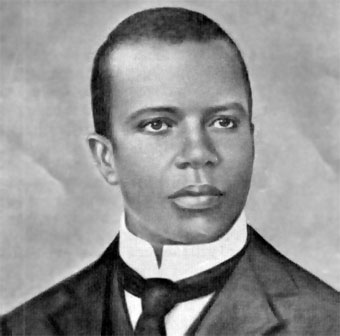
Scott Joplin
Scott Joplin received private piano lessons from a very young age. In the mid-1980s he undertook a long journey through the American Midwest, and in 1893 he performed at the Columbian Exposition in Chicago.
Joplin wanted to succeed as a pianist and as a classical composer; for this reason he settled in 1895 in Sedalia and studied music at the George R. Smith University for colored people. In 1900, he moved to St. Louis to work with music publisher John Stark.
In 1902, he published and choreographed his first ballet piece, in which numerous ragtime, and in 1903 he published his first opera, guest of A honor.
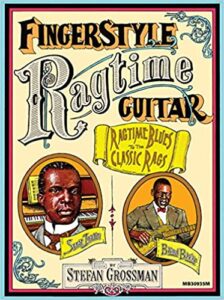
Then, in 1907, he moved to New York, and in the same year he wrote the instruction manual The School of Ragtime. Joplin developed and perfected ragtime with a series of compositions that have become classics of this genre, such as Maple leaf rag, Wall street rag and The entertainer , a theme on which composer Marvin Hamlisch would base himself for the unforgettable soundtrack of the film The Heist (1973), starring Paul Newman and Robert Redford. His contract with John Stark ended in 1909.
One of his most outstanding productions was Treemonisha , from 1911, a work that synthesizes all the ideas that the author had about music in a classical opera. Of this opera between acts, for which Joplin also wrote the libretto, only the edition for voice and piano survives, edited at the time by the same author, although the manuscript score for orchestra, which Scott Joplin finished, has not been found. but that was unpublished.
Treemonisha has been defined as “the first great American opera, since it speaks a genuinely American language with the conventional forms of Western opera, such as the overture, the aria, the graceful, the recitative, the choirs and the ballet” (WJ Schafer and J. Riedel). The work is of closed forms and is made up of twenty-seven numbers. Some precise choreographic indications, drawn up by Joplin, accompany some scenes; they are of particular interest for mounting numbers 4, 13 and 27.
The action takes place in 1884, when Treemonisha, the protagonist, is eighteen years old. The scene takes place on a plantation in Arkansas and in the thick jungle that surrounds it. The area is inhabited only by blacks, since their white masters have abandoned it after the defeat of the Confederates. Two tendencies confront the population: a fetishist, dominated by superstitions and linked to magical culture, ridiculed by Joplin, and another that trusts in the progress achieved through culture, personified by Treemonisha and her parents.
Treemonisha (whose name derives from the fusion of the words “tree”, tree, and Monisha, the name of the woman who wanted to have a child, found the girl under a tree, and raised her as her own) is the only literate person from the black community, for whom the civil war has brought freedom.

Educated by a white woman in exchange for her parents’ work, Treemonisha, once her training is over, finds, thanks to her education and culture, the necessary strength to overcome the superstitious and magical tendency present in the community.
Obviously, she goes through difficulties and dangers, which initiate her in the role of a guide capable of enlightening the black community. The plot core of the libretto is found in this contrast and in these difficulties, which give a special originality to the extraordinary balance that exists between the non-realistic character of the operatic form and the concrete character of its non-fantastic communication.
The choice of a woman who assumes the role of the protagonist possibly derives from the prevailing matriarchal character (more for socio-historical reasons than for residual Africanism) among the black populations of North America.
Joplin only occasionally uses in this work the rhythmic pattern of ragtime, which she seems to have used more extensively in an earlier opera, A Guest of Honor in 1903, now lost.
After Treemonisha , Scott Joplin composed and even recorded on piano rolls several ragtime pieces, so this opera certainly represents neither a criticism nor an abandonment of the music that was in fashion at the time, and that gave him a well-deserved fame.
Treemonisha is not an ambitious extension of the forms of that genre, but rather identifies itself completely with the operatic tradition, and sinks its roots and its reason for being in that life of the melodramas of the South of the United States that left so many traces in the music by some old jazz composers, and also by Louis Armstrong.
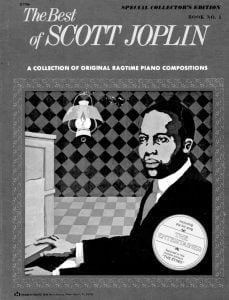
The Musical Elements Of Ragtime In The Music Of Scott Joplin
Introduction
With its origins dating back to the 19th century, the ragtime music genre is widely considered to be the forerunner of what jazz music would become today. This genre is easily recognized by its cheerful and bouncy style. Although today when the term “Ragtime” is mentioned, it usually refers to music exclusively for piano, in the golden years of this genre voice and other musical instruments were also included mainly, as well as its own dance style.
Defined by the Oxford dictionary in Spanish (sf), ragtime is the “style of black dance music born at the end of the 19th century and very popular at the beginning of the 20th, with a syncopated binary rhythm, and composed mainly for piano.”
To analyze the musical and artistic elements of this genre in particular, two pieces considered fundamental to the genre will be analyzed and compared, created by the author Scott Joplin, “[…] who composed works of considerable charm and ingenuity […]”.
The research question derives from the topic “The musical elements of Ragtime”, which is “What are the rhythmic and harmonic aspects of the pieces Maple Leaf Rag (1899) and The Entertainer (1902) by Scott Joplin for the development of the genre Ragtime?”.
The focus of this monograph will focus on the musical technical and theoretical analysis of the rhythmic and harmonic aspects of the previously mentioned pieces. The possible contextual elements that could have influenced the creation of these pieces will also be discussed, as well as their importance at the time they were published.
The justification for investigating this topic is of mere personal interest, since for a portion of my life I had listened to these rhythms on recordings without knowing which genre they particularly belonged to. It was until I was introduced to Ragtime as such in private piano lessons. Although at first it was complex for my ability to learn to play a style with ripped time, it soon became one of my favorite genres to play.
It is considered pertinent to carry out a study of the elements that characterize the previously mentioned genre, to analyze how a particular feeling and energy can be transmitted through the adequate use of musical theory, and how it can help in the expression of specific feelings in the form of music. of music.
The analysis of both musical pieces will be divided into two sections. The piece The Entertainer will be analyzed first, then Maple Leaf Rag, and once the most emblematic aspects of each piece have been extracted, these elements will be contrasted, in such a way that it is possible to observe which ones stand out the most so that a piece is considered of the genre.
These foundations will also be enriched with the social and historical context and what factors influenced the creation of said harmonies and rhythms, also including expert comments on the interpretation of said pieces, such as speed, accents, among others.
The scope of this monograph is limited to the availability of scores and the lack of recordings performed by the author himself, due to the archaic technology of the 19th century, in which musical production was just beginning to industrialize. Primary sources are Maple Leaf Rag and The Entertainer sheet music. Secondary sources are internet articles written by professionals.
The Entertainer
The structure of this piece constitutes an introduction to enter the work, and then a pattern is presented in the following sections: AA BB A CC DD. Each section fulfills the function of being repeated once, with the exception of section A, in such a way that in the second repetition a variation of the section is played that connects with the following one. So until you reach the last section D to finish the Rag.
Graphic of my authorship. Demonstration of the various sections in The Entertainer (Joplin, 1902).
Graphic of my authorship. Demonstration of the various sections in The Entertainer (Joplin, 1902).
Introduction: This prepares our ear to enter the piece. It is a small motif that is repeated twice, each time played an octave below the previous one, then a small chromatic variation descends in such a way as to leave room for an accented G major chord. An upbeat marks another chromaticism from D to D# for the anticipation of the next measure.
Section A: This section tells us the main theme of the piece. It has a simple pattern. The first motif, which spans bars 5-16, is repeated three times, followed by a second motif from bars 17-20, which functions as a turnaround would in blues music, to return to the first motif. This set of reasons are those that elaborate the main theme.
You can see that the structure of this piece is AA BB A CC DD. Each section ends after a repetition, in which, the second time it is played again, it concludes with a second box. This to vary what was proposed in each section during the first round, and apart from serving as a ‘transition’ for the next section.
This happens for most of the piece, except for one more repetition of section A, after section B, which has the function of accentuating the main theme of the song. Graphic by me. Demonstration of the various sections of the Maple Leaf Rag (Joplin 1899).
Section A: Theme of the piece. It is the most recognizable when listening to the song. Its purpose is to set a main mood for the listener. Maple Leaf Rag in this section has a fast melody, played at twice the speed of the left hand, playing one hand in sixteenth notes and the other in eighth notes.
Section B: Continued with fast melodies in sixteenth notes, the bass begins to progress with a syncopated rhythm. This section also bears resemblance to the typical bass of a military march.
Section C: As in section B, it continues with a syncopated bass, however, it also begins to walk more, as well as the typical bass of Jazz. The melody progresses in more complex variations than the previous section, since it does not stay within the range of an octave that it make arpeggios. This section is the most complex of the piece.
Section D: Similar to section A, the syncopated bass is no longer as marked as other sections and a motif begins to be created to conclude the piece, resolving various tension chords to give the feeling of returning home. On the second repeat, it ends with a grand chord on the tonic of the E flat major scale.
Rhythm and harmony
The compass that is carried is 2/4. This indicates that the numerator will divide the measure into two parts, and the denominator that it will be counted in quarter notes, of which 4 fill a full beat. So, they fit 2 quarter notes per bar in 2/4 time.
This time signature also indicates on which pulse the accents would be marked. In western music it is usually accentuated on the first beat of each measure, however, in syncopated rhythm, the beats corresponding to 2 and 4 are accented. In ragtime, as well as in various subgenres of Jazz, this characteristic is used, managing to create a distinctive rhythm. Bar 18 of Maple Leaf Rag.
The left hand is responsible for carrying and marking these accents, big jumps are made with the hand on the piano keyboard. Thanks to this, it was considered an innovation for his time, since Joplin invents playing bass and harmony with the same hand consecutively.
Harmony: (talk about chords, resolution of 7ths and change between 5ths. E flat major). As for the harmony of this piece, it is written in the key of E flat major.
Melody
Scales: (pentatonic, natural)
Melody patterns: (arpeggios within a single octave)
‘Although not the first rag to be written or published, Maple Leaf Rag became the first instrumental piece to sell more than a million copies.’ (Edwards, s.f.). One of Joplin’s early compositions was a resounding success, as he reached this number in less than a decade. With this, Joplin is recognized as ‘the king of Ragtime’, making it, in a short time, the musical genre par excellence in the United States.
Browse in the Library:
| Artist or Composer / Score name | Cover | List of Contents |
|---|---|---|
| ABRSM Piano Exam 2023-24 Grade 3 C3 THE ENTERTAINER – SCOTT JOPLIN |
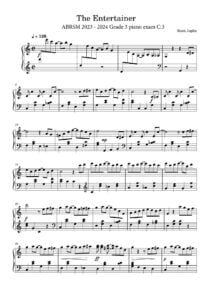 |
|
| ABRSM Piano Exam 2023-24 In The Groove by Mike Cornick |
 |
|
| ABRSM Piano Exam 2023-24 Indigo Moon by Elissa Milne |
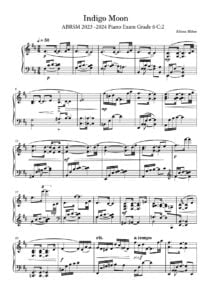 |
|
| ABRSM Piano Exam 2023-24 Jester’s Jig by Chee-Hwa Tan |
 |
|
| ABRSM Piano Exam 2023-24 Love Theme by Catherine Rollin |
 |
|
| ABRSM Piano Exam 2023-24 Minuet In G (Anonymous) |
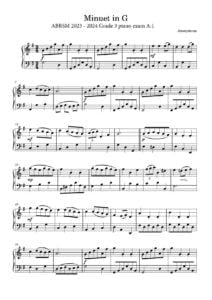 |
|
| ABRSM Piano Exam 2023-24 The Song Of Twilight by Yoshinao Nakada |
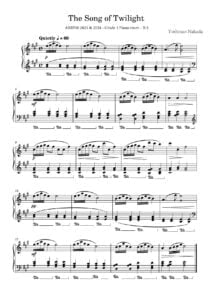 |
|
| ABRSM Piano Exam Pieces Grade 1 2013 & 2014 syllabus |
 |
ABRSM Piano Exam Pieces Grade 1 2013 & 2014 syllabus |
| ABRSM Piano Exam Pieces Grade 1 2023 2024 |
 |
ABRSM Piano Exam Pieces Grade 1 2023 2024 |
| ABRSM Piano Exam Pieces Grade 1 2025 2026 |
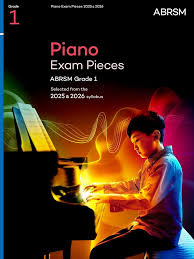 |
ABRSM Piano Exam Pieces Grade 1 2025 2026 |
| ABRSM Piano Exam Pieces Grade 2 2023 2024 |
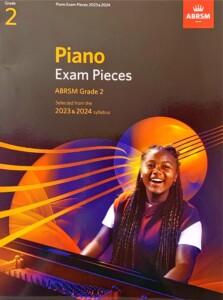 |
ABRSM Piano Exam Pieces Grade 2 2023 2024 |
| ABRSM Piano Exam Pieces Grade 3 2013 2014 |
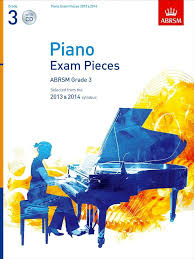 |
|
| ABRSM Piano Exam Pieces Grade 3 2023 2024 |
 |
ABRSM Piano Exam Pieces Grade 3 2023 2024 |
| ABRSM Piano Exam Pieces Grade 3 2025 2026 |
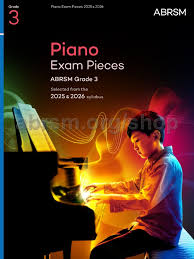 |
ABRSM Piano Exam Pieces Grade 3 2025 2026 |
| ABRSM Piano Exam Pieces Grade 4 2021 2022 |
 |
ABRSM Piano Exam Pieces Grade 4 2021 2022 |
| ABRSM Piano Exam Pieces Grade 4 2023 2024 |
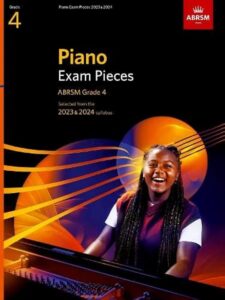 |
|
| ABRSM Piano Exam Pieces Grade 5 2023 2024 |
 |
ABRSM Piano Exam Pieces Grade 5 2023 2024 |
| ABRSM Piano Exam Pieces Grade 6 2023 2024 |
 |
ABRSM Piano Exam Pieces Grade 6 2023 2024 |
| ABRSM Piano Exam Pieces Grade 7 2023 2024 |
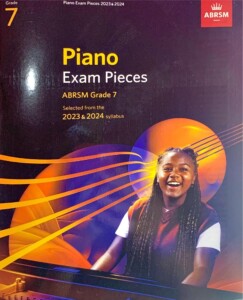 |
ABRSM Piano Exam Pieces Grade 7 2023 2024 |
| ABRSM Piano Exam Pieces Grade 8 2023 2024 |
 |
ABRSM Piano Exam Pieces Grade 8 2023 2024 |
| ABRSM Piano Exam Pieces Grade 8 2025 2026 |
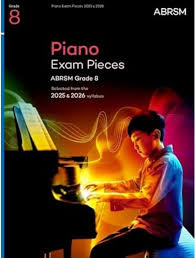 |
ABRSM Piano Exam Pieces Grade 8 2025 2026 |
| ABRSM Piano Mix 3 for Easy Piano Grades 3-4 |
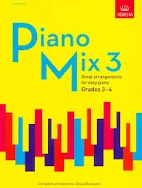 |
ABRSM Piano Mix 3 for Easy Piano Grades 3-4 |
| ABRSM Piano Prep Test |
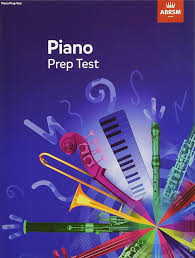 |
|
| ABRSM Piano Scales And Arpeggios from 2021 Guide For Practical Grades |
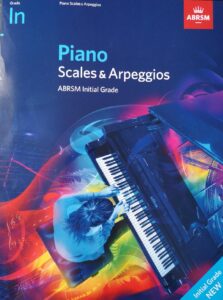 |
|
| ABRSM Selected Piano Exam 2011 2012 Grade 1 |
 |
|
| ABRSM Selected Piano Exam Grade 2 (2011 2012 ) |
 |
|
| ABRSM Specimen Aural Tests Grade 1 to 3 |
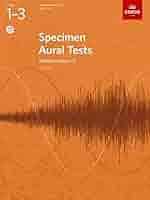 |
|
| ABRSM Specimen Aural Tests Grade 4 & 5 |
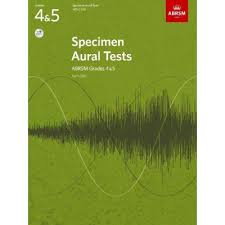 |
|
| ABRSM Teaching notes on piano exam pieces (2013 & 2014) |
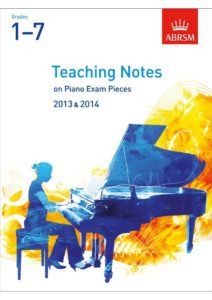 |
|
| ABRSM The Manual Of Scales Broken Chords And Arpeggios For Piano |
 |
|
| ABRSM Theory of Music Exams Grade 8 (The Associated Board of Royal Schools of Music) 2010 |
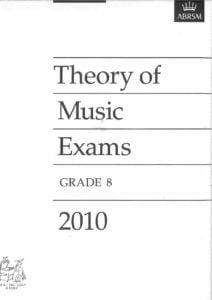 |
|
| AC/DC – Classic – Early Years – High Voltage And Let There Be Rock (Guitar Tab Songbook) |
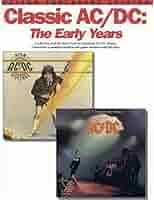 |
ACDC – Classic – Early Years – High Voltage And Let There Be Rock |
| AC/DC – Jam With AC/DC (PDF with MP3 audio tracks Guitar Tab Songbook) |
 |
Jam With ACDC |
| AC/DC Rock Score |
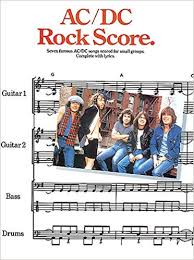 |
|
| AC/DC, Best of (Guitar & Tablature) |
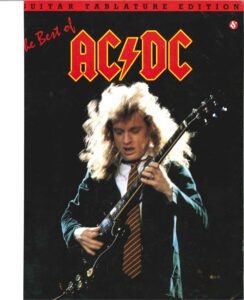 |
Best Of ACDC (Guitar) |
| Ace Of Base – Beautiful Life | ||
| Ace Of Base – Dont Turn Around | ||
| Ace Of Base – Living In Danger | ||
| Acoustic 33 TOP Guitar Hits (Guitar Songbook) with Tablature – sheet music |
 |
Acoustic 33 TOP Guitar Hits (Guitar Songbook) – sheet music |
| Acoustic Blues Guitar By Kenny Sultan Guitar Tab |
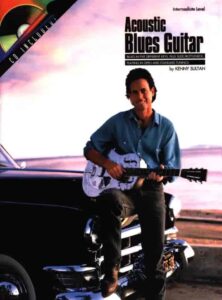 |
Acoustic Blues Guitar |
| Acoustic Blues Guitar Keith Wyatt with TABs |
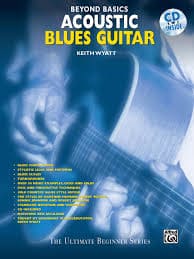 |
Acoustic Blues Guitar Keith Wyatt with TABs |
| Acoustic Blues Guitar Styles (Larry Sandberg) (with Tablature) |
 |
Acoustic Blues Guitar Styles (Larry Sandberg) |
| Acoustic Classics 42 songs Piano Vocal Guitar |
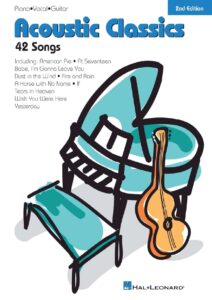 |
Acoustic Classics 42 songs Piano Vocal Guitar |
| Acoustic Guitar Bible (35 great songs) Guitar with TABs |
 |
Acoustic Guitar Bible (35 great songs) Guitar with TABs |
| Acoustic Rock (Guitar) Rolling Stones, Green Day, Pink Floyd, Bob Dylan (Songbook Guitar Tab) with Tablature |
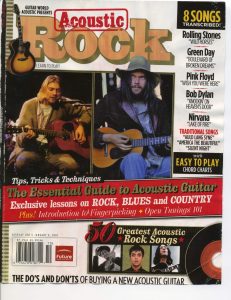 |
|
| Acoustic Rock 90’s, Best of – Guitar with Tablature |
 |
Acoustic Rock 90’s, Best of – Guitar |
| Acqua azzurra acqua chiara (Battisti) | ||
| Ad Te Levavi (Musescore File).mscz | ||
| Adagio (Lara Fabian) | ||
| Adagio MP3.zip | ||
| Adah’s Theme (La femme avec les yeux lumineux) Sex and the City |
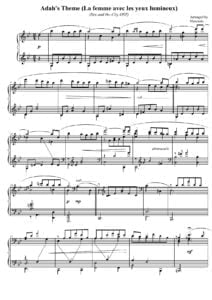 |
|
| Adah’s Theme (Le femme avec les yeux lumineux) Sex and the Cit | ||
| Adam – Adolphe Charles Holy Night Cantique-Nöel |
 |
|
| Adam – Cantique de Nöel Minuit Chretiens | Adam – Cantique de Noel Minuit Chretiens VS | |
| Adam – Derniers souvenirs d’un musicien |
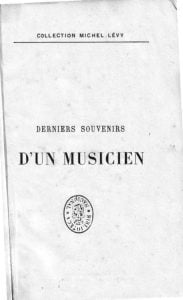 |
|
| Adam – O Holy Night | Adam – O Holy Night | |
| Adam – Souvenirs d’un musicien |
 |
|
| Adam (Cappeau) – Cantique de Noël. Easy Piano with voice or instrument (Paroles and lyrics) |
 |
Adam-Cappeau-Cantique-de-Noel- |
| Adam (Cappeau) – Cantique de Noel. Easy Piano with voice or instrument.mscz | ||
| Adam Cantique de Nöel Christmas song | Adam Cantique de noel | |
| Adam Carse – The History Of Orchestration Adam Carse |
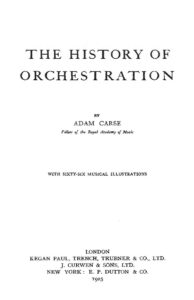 |
|
| Addams Family Theme (Musescore File).mscz | ||
| Addams Family Theme (Easy Piano) |
 |
|
| Addio Colonnello (Ennio Morricone) | ||
| Adele Songs from the Album 21 For SATB, SSA and Piano |
 |
Adele Songs from the Album 21 |
| Adele – 21 |
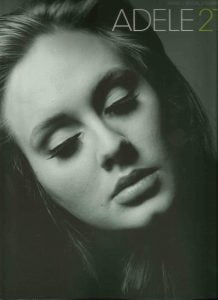 |
ADELE 21 SONGBOOK |
| Adele – Chasing Pavements Piano Vocal guitar chords |
 |
|
| Adele – Easy on me (Piano solo with lyrics) |
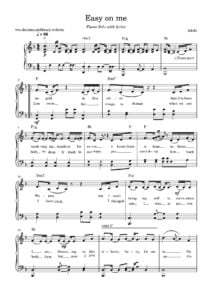 |
|
| Adele – Rolling in the Deep |
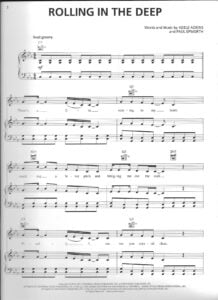 |
|
| Adele – Rumor Has It |
 |
|
| Adele – Set Fire to the Rain |
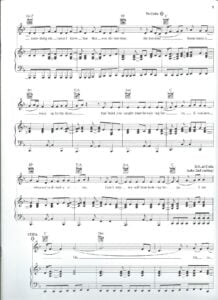 |
|
| Adele – Set Fire To The Rain (2) (Musescore File).mscz | ||
| Adele – Someone Like You | Adele – Someone Like You | |
| Adele – Someone Like You easy piano |
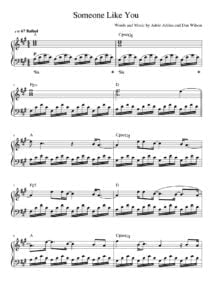 |
|
| Adele – The Best Of SongBook (12 songs arranged for easy piano) |
 |
Adele – The Best Of SongBook (12 songs arranged for easy piano) |
| Adele 19 [Piano, Guitar, Vocals] |
 |
Adele 19 [Piano, Guitar, Vocals] |
| Adele 25 Songbook |
 |
Adele 25 Songbook Contents — 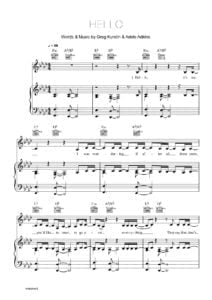 |
| Adele Best Of Adele Big Note Piano (Adele Adkins) |
 |
Adele Best Of Adele Big Note Piano (Adele Adkins) |
| Adele Easy On Me Sheet Music |
 |
|
| Adele Original Keys For Singers (Adele) |
 |
Adele Original Keys For Singers (Adele) |
| Adele Skyfall (Piano Vocal Guitar Chords) | Adele Skyfall (Piano Vocal Guitar Chords) | |
| Adios Amor – Goodbye My Love as recorded by José Feliciano |
 |
|
| Adult All In One Course Level 1 With Audio Mp3 (Willard Palmer) |
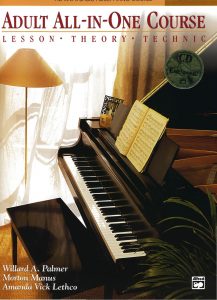 |
Lessons Alfred’s Basic Adult Piano Course Level 1 |
| Adult All In One Course Level 2 With Audio Mp3 (Willard Palmer) |
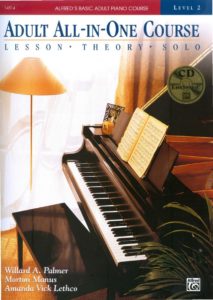 |
Willard Palmer – Adult All-In-One Course Level 2 |
| Adult Greatest Movie Hits Piano Level 1 |
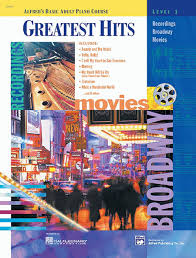 |
Adult Greatest Movie Hits Piano Level 1 |
| Adult Piano Adventures ALL-IN-ONE PIANO COURSE 1 |
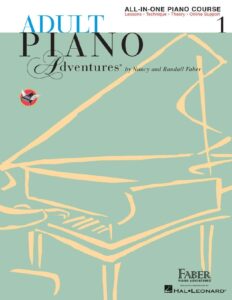 |
|
| Adult Piano Adventures All-In-One Piano Course Book 2 Book With Media Online (Nancy Faber, Randall Faber) Sheet Music |
 |
|
| Adult Piano Adventures Christmas – Book 1 (Nancy Faber Randall Faber) |
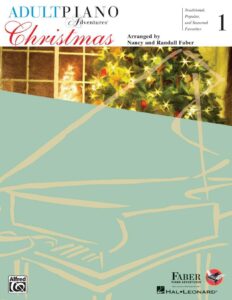 |
|
| Adult Piano Adventures Christmas – Book 2 |
 |
Adult Piano Adventures Christmas – Book 2 |
| Adult Piano Adventures Popular Book 1 – Timeless Hits and Popular Favorites (Adult Piano Adventures Popular) |
 |
Adult Piano Adventures Popular Book 1 – Timeless Hits and Popular Favorites (Adult Piano Adventures Popular) |
| Adult Piano Course Greatest Movie Hits Piano Level 1 Recordings Broadway Movies |
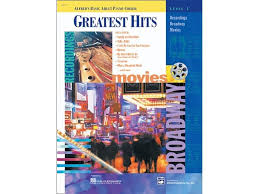 |
Adult Piano Course Greatest Movie Hits Piano Level 1 Recordings Broadway Movies |
| Advanced Harmonic Concepts by Wayne Naus (with audio MP3) |
 |
Advanced Harmonic Concepts by Wayne Naus |
| Advanced Harmonic Exercises For Jazz Piano |
 |
advanced harmonic exercises |
| Advanced Piano Solos 1 Encyclopedia by Tom Roed |
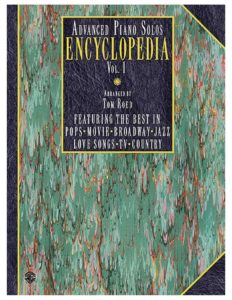 |
Advanced Piano Solos 1 Encyclopedia by Tom Roed |
| Advanced Piano Solos 2 Complete by Tom Roed |
 |
Advanced Piano Solos 2 Complete by Tom Roed |
| Advanced Sacred Music Piano Solos by John Kraus |
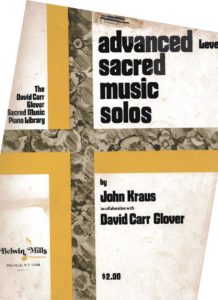 |
|
| Advanced Scale Concepts and Licks for Guitar (PDF + MP3 audio tracks Play Along) with Tablature |
 |
 |
| Aebersold – 110 – When I fall In Love – Romantic Ballads pdf with embedded audio MP3 Tracks |
 |
Jazz Play Along Vol 110 [When i Fall in Love] |
| Aebersold – 113 Embraceable You – Vocal Standards with audio MP3 Tracks |
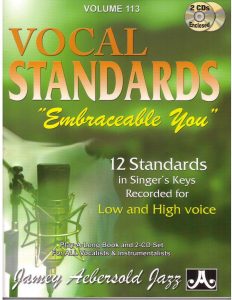 |
Jamey Aebersold – Vol 113 |
| Aebersold – 30 blues scale By Jamey Aebersold | Aebersold – 30 blues scale By Jamey Aebersold | |
| Aebersold – A New Approach To Jazz Improvisation Gettin’it together vol. 21 |
 |
aebersold gettin all together vol 21 |
| Aebersold – Practice Procedures For Memorizing Scales And Chords | Aebersold – Practice Procedures For Memorizing Scales And Chords | |
| Aebersold – Rapid Reference Vol 1-114 | Aebersold – Rapid Reference Vol 1-114 | |
| Aebersold – Vol 01 – How to Play and Improvise Jazz (with audio MP3) |
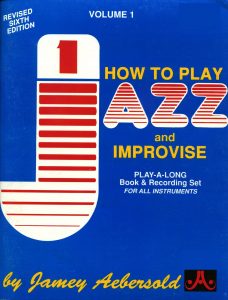 |
Aebersold – Vol 01 – How to Play and Improvise Jazz |
| Aebersold – Vol 03 – The II-V7-I Progression Jazz Play Along Book + Audio Mp3 |
 |
|
| Aebersold – Vol 105 – Dave Brubeck Jazz Play Along Book + Audio Mp3 |
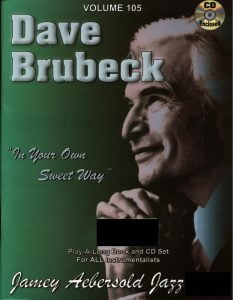 |
|
| Aebersold – Vol 118 – [Groovin Jazz] (with audio MP3) |
 |
|
| Aebersold – Vol 32 – Ballads Jazz Play Along Book + Audio Mp3 |
 |
|
| Aebersold – Vol 34 – Jam Session Jazz Play Along Book + Audio Mp3 |
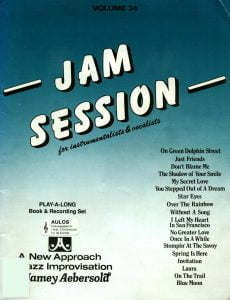 |
Includes MP3 Play along themes as Blue moon, The shadow of your smile, Over the rainbow, etc. |
| Aebersold – Vol 45 – [Bill Evans] Jazz Play Along Book + Audio Mp3 |
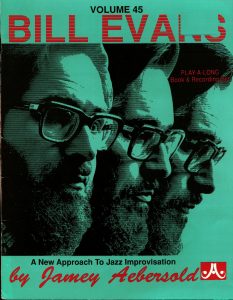 |
Aebersold – Vol 45 – [Bill Evans] |
| Aebersold – Vol 58 – Unforgettable Standards Jazz Play Along Book + Audio Mp3 |
 |
aebersold unforgettable standards sheet music |
| Aebersold – Vol 76 – David Baker – How To Learn Tunes (A Jazz Musician’s Survival Guide) |
 |
how to learn tunes |
| Aebersold 25 How To Practice By Jamey Aebersold | Aebersold 25 | |
| Aebersold Antonio Carlos Jobim Vol 98 – Bossa Nova Songbook Jazz Play Along Book + Audio Mp3 |
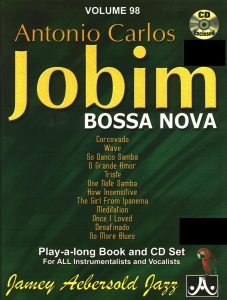 |
Aebersold Antonio Carlos Jobim Vol 98 – Bossa Nova Songbook |
| Aebersold Anyone Can Improvise – 52 Points To Remember | Aebersold Anyone Can Improvise – 52 Points To Remember | |
| Aebersold Jazz EAR training (with audio MP3) |
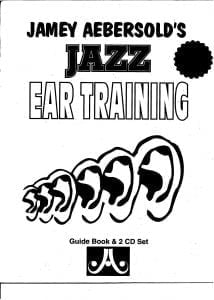 |
Aebersold Jazz EAR train |
| Aebersold Jazz Handbook 09 Tips For Learning A New Tune & Practice Procedures For Memorizing |
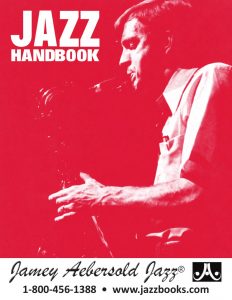 |
Aebersold Jazz HANDBOOK |
| Aebersold Jazz Play-Along Books & audio MP3 1st Part Full Collection – Vol 1- 40 (with MP3) for all instruments |
Compressed file 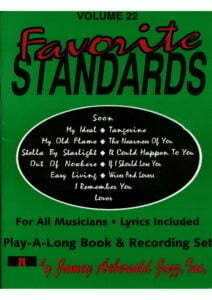 Aebersold Full Collection Part 1 – Vol 1- 40 Aebersold Full Collection Part 1 – Vol 1- 40 |
40 volumes with MP3 Aebersold Book Index Vol.001-106 |
| Aebersold Jazz Play-Along Books & audio MP3 2nd Part Full collection Vol 41- 75 for all instruments | Compressed fileAebersold Full Collection Part 2 – Vol 41- 75.. | 35 volumes with MP3 Aebersold Book Index Vol.001-106 |
| Aebersold Jazz Play-Along Books & audio MP3 3rd Part Full Collection – Vol 76- 112 (with MP3) | Compressed fileAebersold Full Collection Part 3 – Vol 76- 112 | 37 volumes with MP3 Aebersold Book Index Vol.001-106 |
